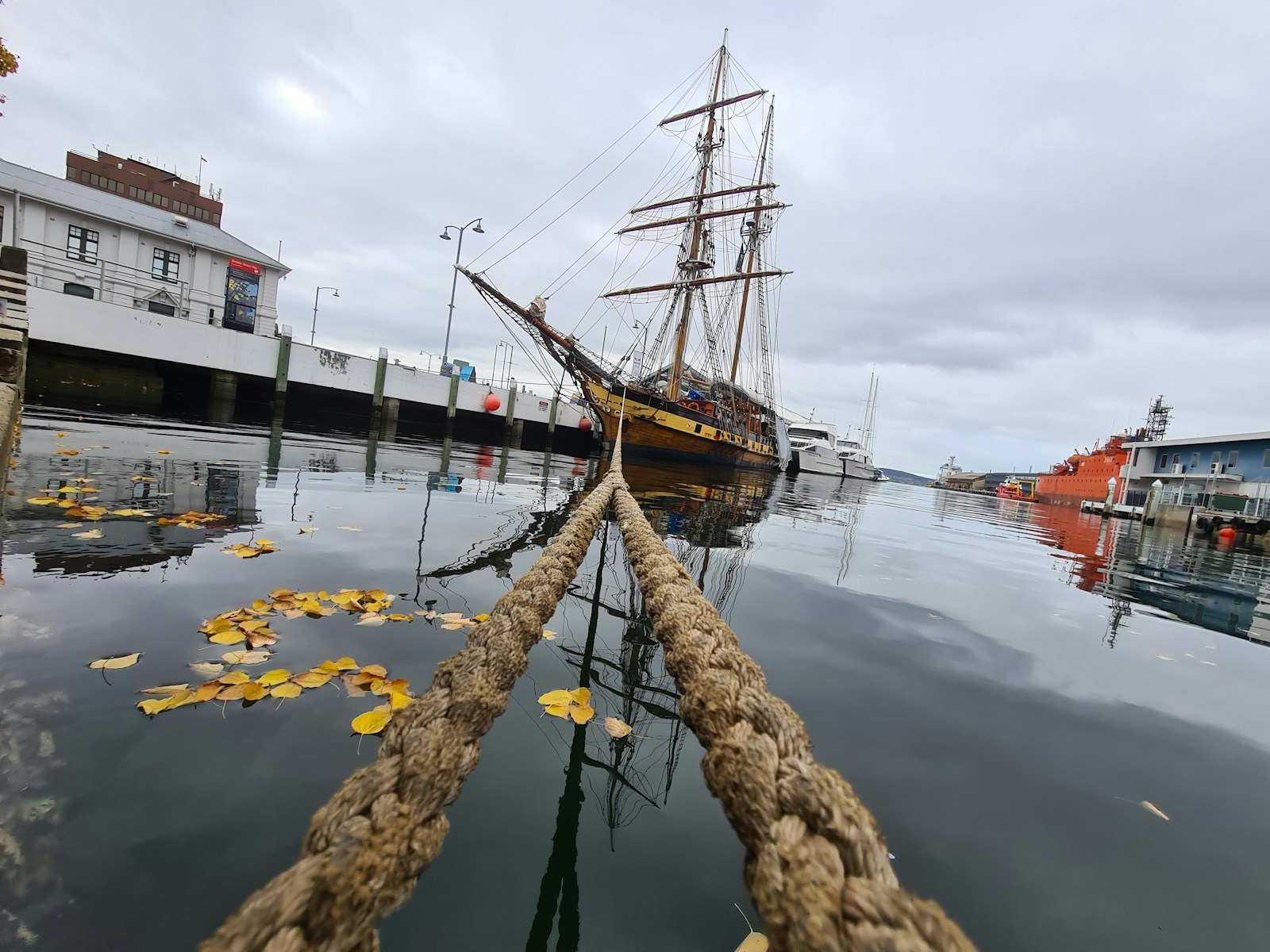
航行
hang xing

sail
In Mandarin, '航行' (hang xing) is used to express sailing or navigation, typically of a ship or boat. While it can refer to sailing in a general sense, it can also infer the act of navigation through the air or space, as the character '航' also carries connotations of flight.
Example sentences using: 航行
这艘船正在航行。
zhè sòu chuán zhèngzài hángxíng

The ship is sailing.
This sentence is used to describe the action of a ship in progress, sailing on any body of water.
航行路线已经安排好了。
hángxíng lùxiàn yǐjīng ānpái hǎole

The sailing route has been arranged.
This sentence is usually spoken by the crew or organization in charge of a water vessel, announcing a planned route for navigation.
我们必须谨慎航行。
wǒmen bìxū jǐnshèn hángxíng

We must sail carefully.
This sentence is generally used to advise caution when navigating on any body of water.
志愿者正在航行。
zhìyuànzhě zhèngzài hángxíng

The volunteers are sailing.
This sentence is used to describe an action performed by volunteers, in this case, navigating on any body of water.
他们正在全球航行。
tāmen zhèngzài quánqiú hángxíng

They are sailing around the world.
This sentence is used to describe someone's global navigation.
航行需要很多经验。
hángxíng xūyào hěnduō jīngyàn

Sailing requires a lot of experience.
This sentence is used to express the importance of experience when it comes to navigation.
我下周开始航行。
wǒ xià zhōu kāishǐ hángxíng

I start sailing next week.
This sentence is a statement of the speaker's future plans to navigate, commencing next week.
航行速度不应过快。
hángxíng sùdù bù yīng guò kuài

The sailing speed should not be too fast.
This sentence suggests that one should not navigate too swiftly in order to avoid potential hazards.
航行在晚上更有挑战性。
hángxíng zài wǎnshàng gèng yǒu tiǎozhànxìng

Sailing at night is more challenging.
This sentence expresses the idea that navigating at night can be more difficult due to lower visibility.
航行让我找到了新的世界。
hángxíng ràng wǒ zhǎodào le xīn de shìjiè

Sailing has led me to a new world.
This sentence uses the act of navigation metaphorically to express how the speaker discovered or experienced something new and different.